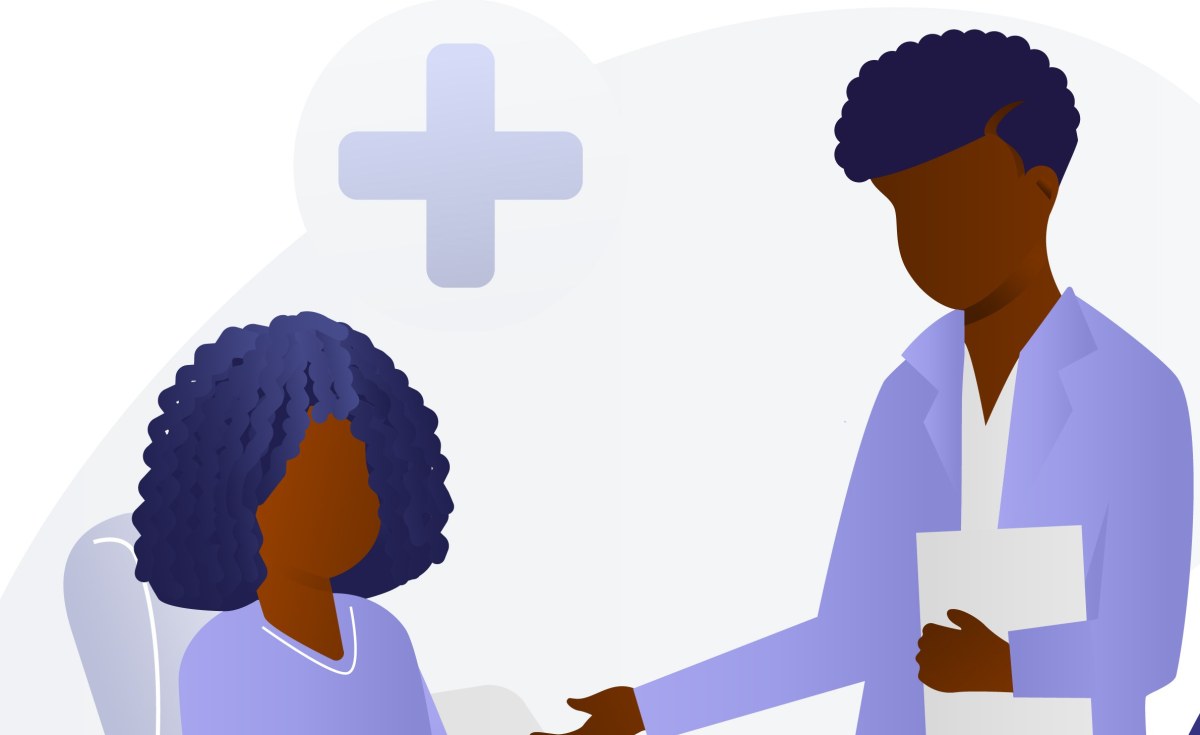Lomé — The President of the Republic of Togo, H.E President Faure Essozimna Gnassingbé opened the Seventy-second session of the World Health Organization (WHO) Regional Committee for Africa with African health ministers and government representatives in attendance. The region’s foremost public health gathering held annually will discuss and agree on measures to lower the burden of diseases, seek ways to curb the drivers of ill health and endorse strategies to promote access to health services and people’s well-being.
The 22 – 26 August meeting–the first to be held in-person since the onset of the COVID-19 pandemic–is taking place in Lomé, the capital of Togo, a leader in the region on innovative ways to respond to health problems. Togo is the first country in the world to be recognized by WHO for eliminating four neglected tropical diseases: lymphatic filariasis (commonly known as elephantiasis), human African trypanosomiasis, or sleeping sickness, trachoma – an eye infection that can cause irreversible blindness – and Guinea worm.
WHO Director-General Dr Tedros Adhanom Ghebreyesus handed President Gnassingbé a certificate for eliminating the four neglected tropical diseases.
“I thank you for the appreciation shown for my country for the achievement in eliminating the neglected tropical diseases,” said President Gnassingbé. “In Africa, like everywhere else in the world, we must confront the ongoing (health) challenges, but more so act, act to guarantee access to quality health care for all, everywhere and at all times. Act to provide social protection and universal health coverage to all citizens, and act to put an end to counterfeit and poor-quality medicines. Clearly, we have much to do.”
Since its onset, the COVID-19 pandemic has had a profound impact on health service provision across the African region, devastated economies, lives and livelihoods. However, the aftershocks of COVID-19 are also inspiring new efforts to rethink and rebuild health systems to not only better withstand the impact of health emergencies, but to markedly step up the quality and accessibility of health services.
“Investing in the health system in Africa is essential to achieve our development targets. This investment must be substantial and strategic for health and global economic security,” said H.E. Minata Samate Cessouma, the African Union Commissioner for Humanitarian and Social Development Affairs.
In addition to COVID-19, the African region is also battling other health challenges triggered by outbreaks of communicable diseases, humanitarian crises, climatic shocks as well as the rising burden of chronic disease such as cancer and diabetes. Every year, the region faces more than 100 health emergencies, more than any other region in the world.
“We are calling on all Member States to make an urgent paradigm shift towards promoting health and well-being and preventing disease by addressing its root causes and creating the conditions for health to thrive,” said Dr Tedros Adhanom Ghebreyesus, WHO Director-General.
Ministers of health and delegates at the Regional Committee will discuss and endorse key strategies and launch campaigns on disease prevention. They will endorse measures to strengthen emergency response and promote the use of technological solutions to tackle health challenges, building on lessons learnt from the COVID-19 pandemic response.
“Equity is a key factor in health outcomes in Africa, and globally. Nothing has better demonstrated the urgency of addressing it comprehensively and effectively than this pandemic,” said Dr Matshidiso Moeti, WHO Regional Director for Africa. “Inequity is a key driver of vulnerability to disease and illness. I’d like to urge that we collectively address it at the centre of our health action.”
Around 700 participants including representatives from United Nations agencies, nongovernmental organizations, civil society, academia and development partners are attending either in person or virtually the five-day meeting in Lomé.
The Regional Committee is the WHO’s decision-making body in the region, convening once a year to discuss and endorse regional policies, activities and financial plans to improve people’s health and well-being.
Source link

